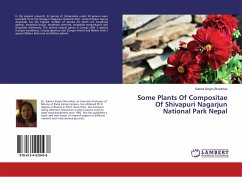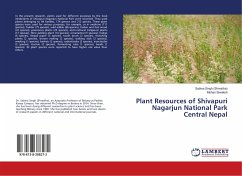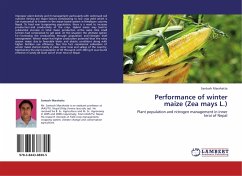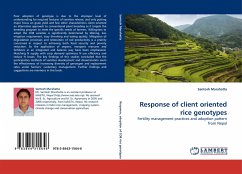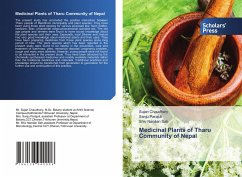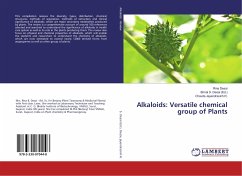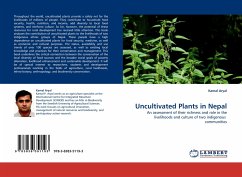
Uncultivated Plants in Nepal
An assessment of their richness and role in the livelihoods and culture of two indigenous communities
Versandkostenfrei!
Versandfertig in 6-10 Tagen
32,99 €
inkl. MwSt.

PAYBACK Punkte
16 °P sammeln!
Throughout the world, uncultivated plants provide a safety net for the livelihoods of millions of people. They contribute to household food security, health, nutrition, and income, add diversity to local food systems, and reinforce culture. So far, however, the potential of these resources for rural development has received little attention. This book analyzes the contribution of uncultivated plants to the livelihoods of two indigenous ethnic groups of Nepal. These people have a high dependence on uncultivated plants for food security, medicine, as well as economic and cultural purposes. The s...
Throughout the world, uncultivated plants provide a safety net for the livelihoods of millions of people. They contribute to household food security, health, nutrition, and income, add diversity to local food systems, and reinforce culture. So far, however, the potential of these resources for rural development has received little attention. This book analyzes the contribution of uncultivated plants to the livelihoods of two indigenous ethnic groups of Nepal. These people have a high dependence on uncultivated plants for food security, medicine, as well as economic and cultural purposes. The status, availability and use trends of over 100 species are assessed, as well as existing local knowledge and practices for their conservation and management. This book underlines the critical connection between the conservation of the local diversity of food sources and the broader social goals of poverty alleviation, livelihood enhancement and sustainable development. It will be of special interest to researchers, students and development professionals working in the fields of agriculture, rural livelihoods, ethno-botany, anthropology, and biodiversity conservation.



